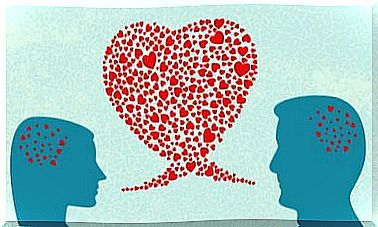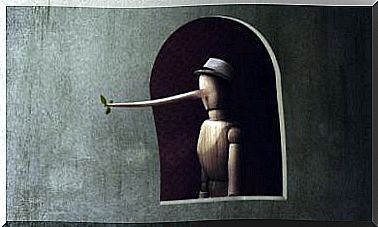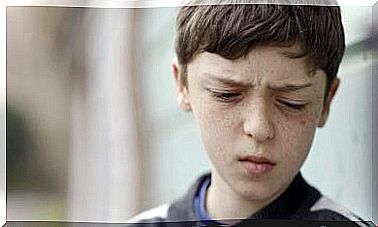Parenting Styles That Cause Suffering
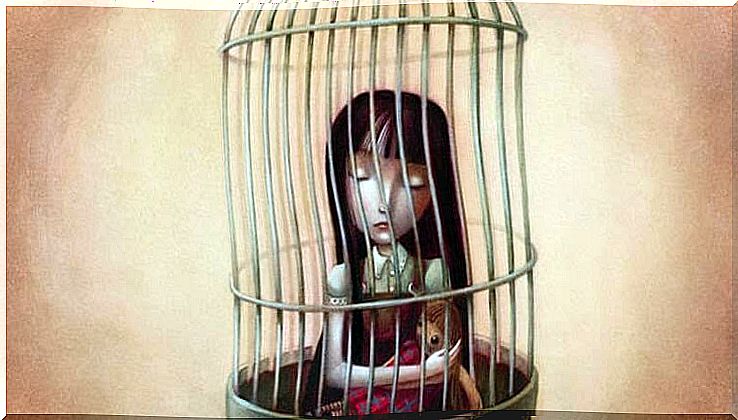
Many psychologists have paid special attention to the relationships that exist within families to explain the psychopathology that some of their members present. In reality, all psychology with its different currents is interested in this fact and takes it into account as a triggering factor of many disorders in individuals.
Agglutinated and detached families, democratic versus authoritarian parenting styles, generational alliances, relationships that promote double family ties, overprotection, abandonment, neglect, etc. There are many phenomena studied that relate some type of mental illness with some family conditioner.
Why is it so difficult to address this topic
If there is something difficult about this issue, it is its correct approach, explanation and treatment, even more so when in society certain ideas are assumed as absolute truths that, unfortunately, are not always fulfilled. The blood makes the kinship, but it does not imply much beyond it. They are assumed as certain phrases such as “like the family there is nothing”, “the family never wants to hurt” or “between the family you have to forgive everything”.
All this causes a lot of pain, guilt and confusion in people who feel that their family members have not been able to respond to the unconditionality that society has told us that they should maintain, that they have suffered physical or psychological abuse or that they perceive that the parenting system received it has slowed down their evolution and emotional independence.

There are families that have intentionally done harm and others that have done it without knowing it, giving the love, advice and education that they saw fit without taking into account that their children did not want the future they had designed for them.
With this article we are not going to pretend to point out how badly anyone has done it, but we are going to try to demonstrate certain myths to explain realities and the reality is that there are families that heal and families that get sick.
Roles assigned and labels that stigmatize
From the phrase “He is a little restless” to “He has a difficult character” there is an imperceptible continuum of small phrases that, said and repeated in the intra-family nucleus, can undermine those who listen to them. Ultimately, it is a way of giving identity to each of the children, to save explanations or in many cases to cover their own parental deficiencies in education.
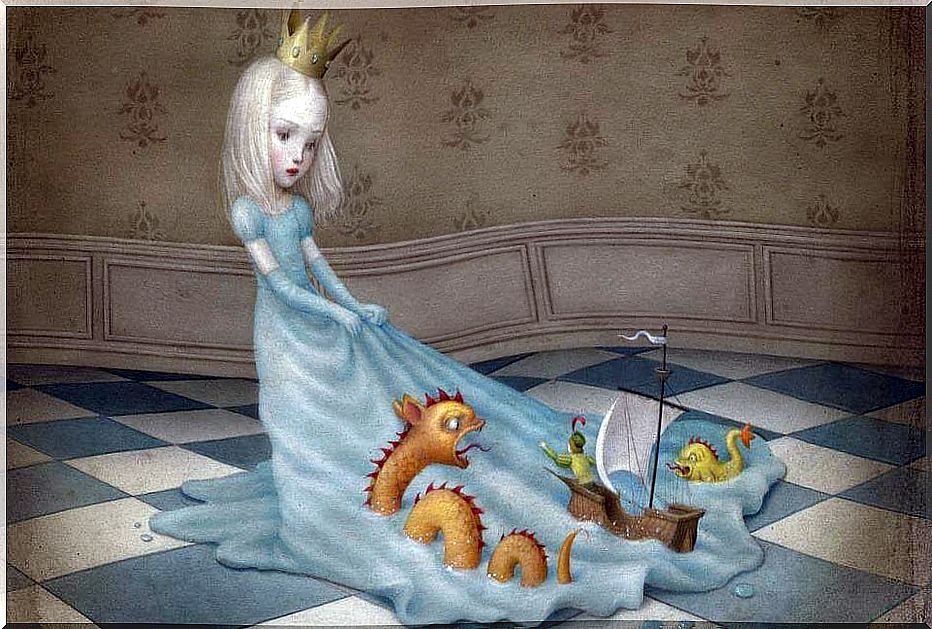
Label a child is a way of perpetuating their behavior into believing so listening to others that their behavior is “incorrigible” labels
Misunderstood love
Many times we hear the hackneyed phrase “how your family loves you, no one will love you. ” This phrase hurts the feelings of many people who have not experienced it this way, making it difficult for them to detect and even report abusive behavior. Nor can we forget that this abuse can occur in both directions, from previous generations to later ones or from those after previous ones.
That someone “carries your blood” does not imply that they cannot harm you with their behavior. Kinship is something biological, genetic, and yet the good bond is affective, communicative and is subject to the variability of individuals that has little to do with heredity.
The overprotection that stifles and limits
It is not enough to want without limits, even in love you have to apply the virtue of balance. In the early stages of the development of babies, their need to explore the environment with reference to a relevant attachment figure is observed, something that the psychologists John Bowlby and Mary Ainsworth demonstrated.
The studies with monkeys carried out by Harry Harlow show that the affection and affection in a baby towards his mother is fundamental to develop a secure attachment that allows him to explore the world independently. However, this attachment should not be confused with overprotection.
Incomplete aspirations projected onto children
That having children is the most chosen life option among most of humanity and that it can be carried out naturally does not imply that it ceases to be a decision to become an obligation. Family planning and the massive incorporation of women into the world of work has caused the number of children per couple to drop and some couples dare to publicly defend the option they have chosen: that of not having children.
Therefore, as it is already an option and not an obligation as happened in the past, we are in a more complex scenario that demands greater responsibility and honesty: children should not be a lifesaver for the couple, they are not a form of emotional validation and do not have to bear the weight of our frustrations.
Wishing for your child a better childhood than the one you lived through, perhaps full of emotional deficiencies or economic scarcity, honors you as a person. But if you want to project on your child everything that you could not or did not dare to do, you are possibly making a mistake.
Setting our children goals related to what they achieved or not achieved, comparing and pressing the choice of a certain path is to undermine their individuality. Thus, our role as people who love them is to help them find their way and encourage them to get the best tools to advance in it.

